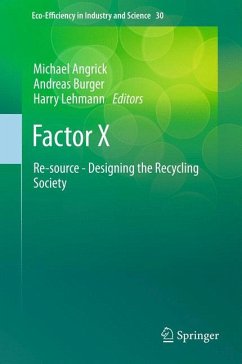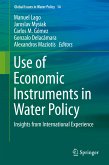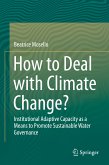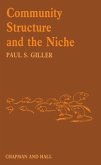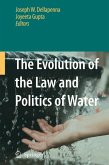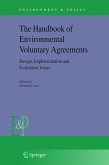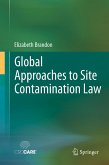Economical use of raw materials not only reduces pressure on the environment but also opens up economic opportunities for individual companies and the economy as a whole, as shown by a modeling study carried out on behalf of the German Federal Environment Agency.
The role of recycling management is a key point in this work. This implies that rich industrialised countries will need to reduce their excessive consumption while other countries should be allowed to increase consumption. Human economies must meet each other in a "sustainabilitycorridor".
Factor X: Re-source-Designing the Recycling Society explores the role of recycling in efforts to achieve the sustainable world envisioned in the Federal Environment Ministry's Resource Efficiency Programme, known as ProgRess. The chapters build a roadmap to a Recycling Society in which the decoupling of resource consumption and economic growth is accomplished.
Dieser Download kann aus rechtlichen Gründen nur mit Rechnungsadresse in A, B, BG, CY, CZ, D, DK, EW, E, FIN, F, GR, HR, H, IRL, I, LT, L, LR, M, NL, PL, P, R, S, SLO, SK ausgeliefert werden.

